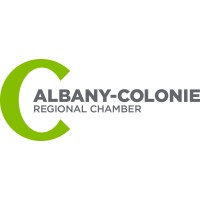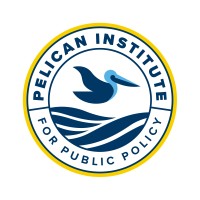
Albany-Colonie Regional Chamber of Commerce
The Albany-Colonie Regional Chamber is a catalyst for growth and prosperity for our members and the Capital Region by providing leadership, advocacy and resources. The Regional Chamber is made up of 2,200 businesses and organizations, that employ over 110,000 people, of all types and sizes and from throughout the region that know they will prosper and grow in a vibrant business environment. Our strength lies in our ability to attract many diverse members, creating a valuable pool of resources from which member companies draw ideas and energy to improve their businesses. The Albany-Colonie Regional Chamber is committed to the economic vitality of the region and actively works with other Chambers, development groups and federal, state and local governments to ensure the continued growth and viability of Tech Valley. The Albany-Colonie Regional Chamber is not a civic club, charitable organization or department of government, but a private, not-for-profit, tax-paying organization. In 2015, the organization affiliated with the Chamber of Schenectady County to form the Capital Region Chamber.






